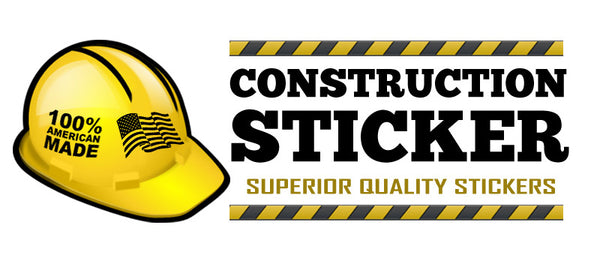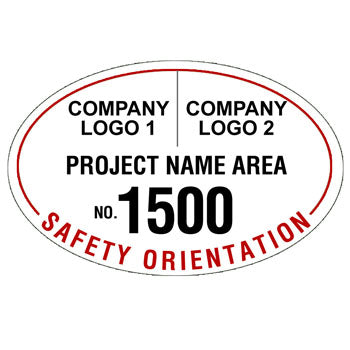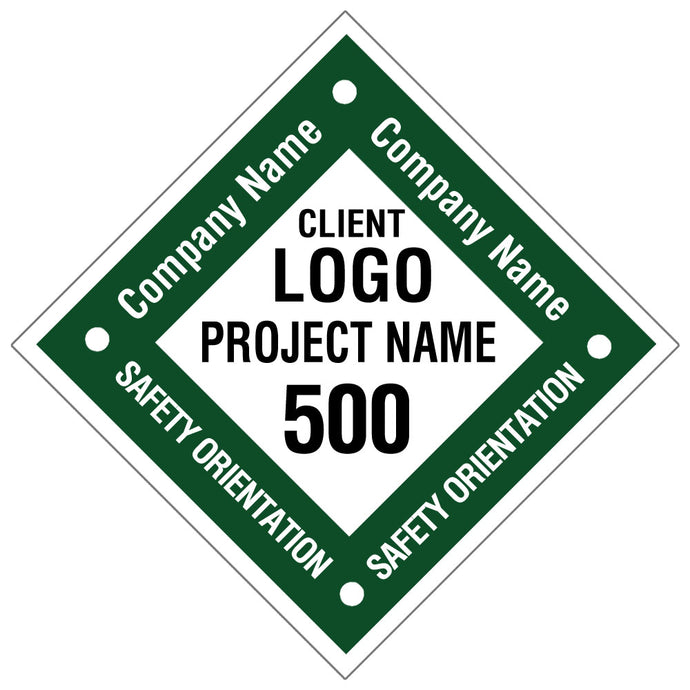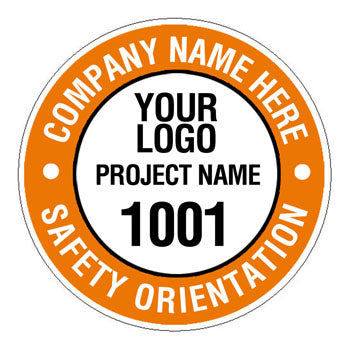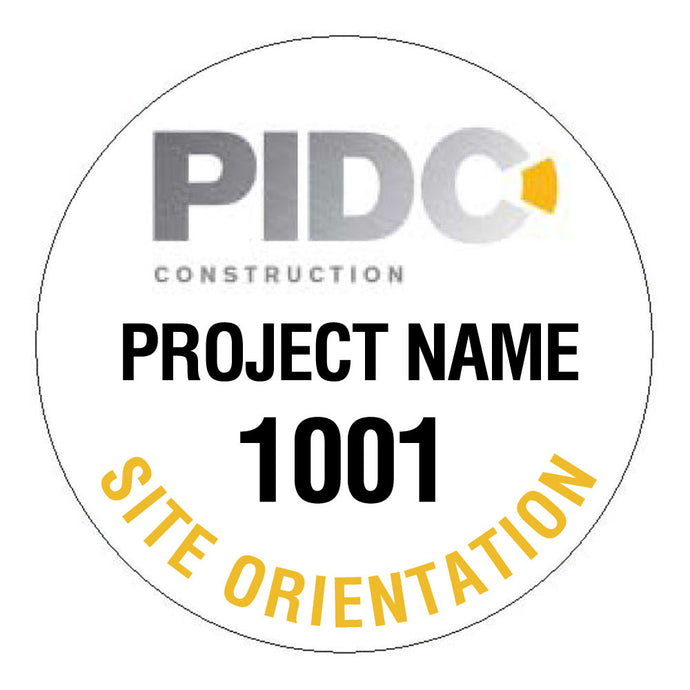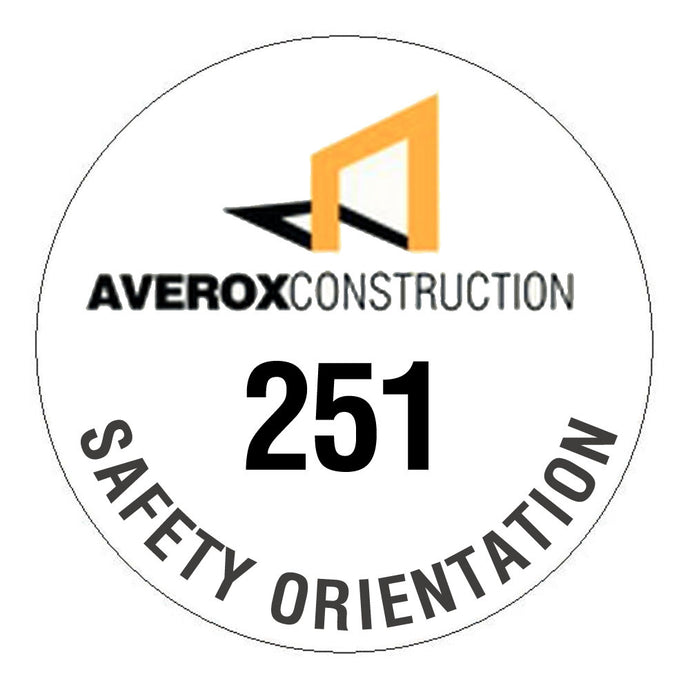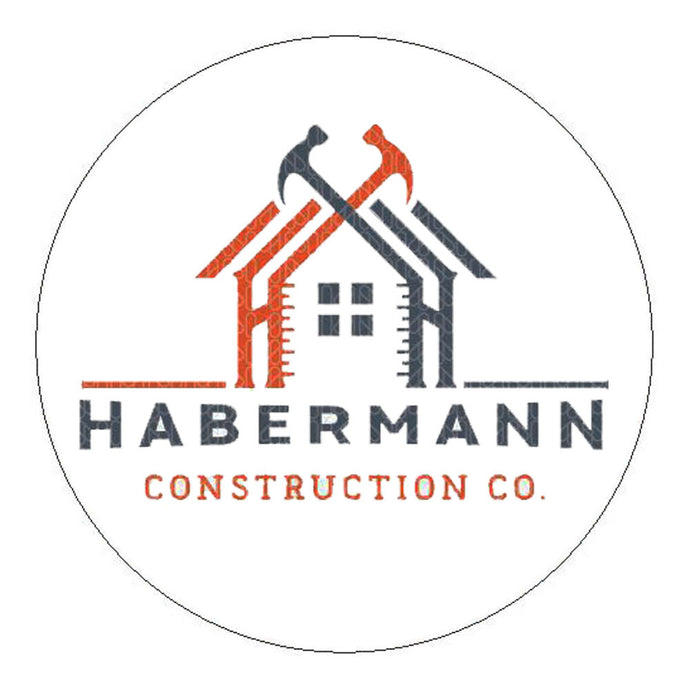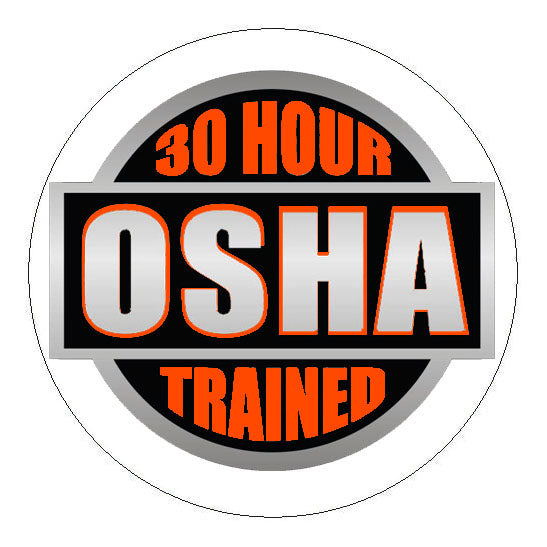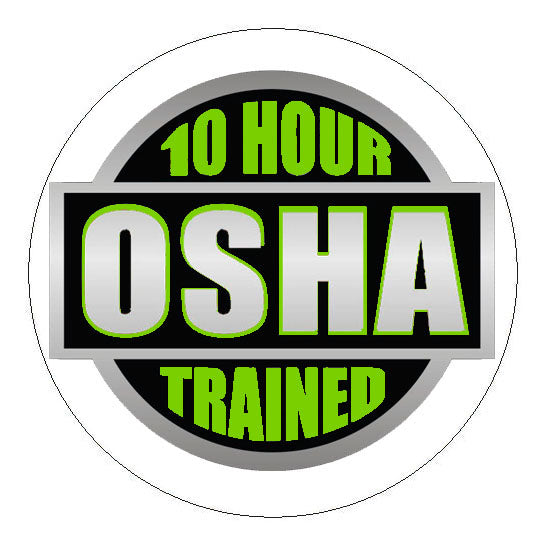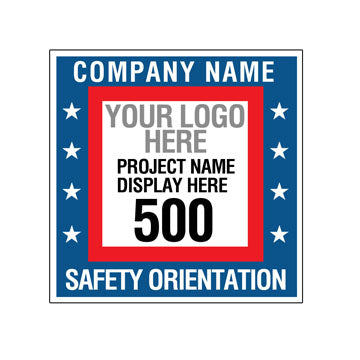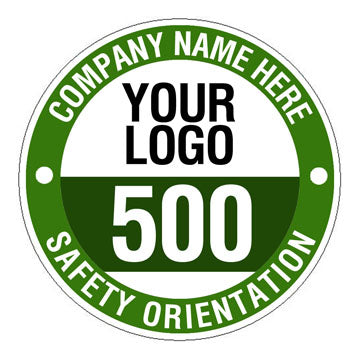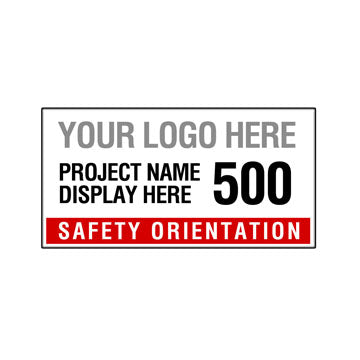Featured Products

Stickers are 100% Weatherproof, Chemical Resistant and Oil Resistant.
Our stickers are GHS BS5609 Certified, which are synthetic labels used for extreme resistance against chemicals, harsh environments and use in outdoor applications. Tested in the most severe conditions, our stickers outperform and outlast all the others!
NUMBERED SAFETY ORIENTATION STICKERS - SAFETY HARD HAT STICKERS - HARD HAT SAFETY STICKERS
Get your Numbered Safety Orientation Stickers, OSHA trained, CPR certified trained and more!
Provide all employees that finish safety training with a Safety Orientation Hard Hat Label. Safety Orientation Hard Hat Labels provide a quick and effective way to keep track of the year the Safety Orientation training was completed.
These stickers can serve as constant reminders to employees to prioritize safety in their daily tasks and contribute to a safer work
environment overall. Remember to customize the content to suit your specific workplace safety policies and procedures.
Construction hard hat stickers offer additional value in the workplace. They can be used to reward workers for safety achievements, such as completing CPR or rescue team training.
Safety hard hat stickers serve multiple purposes, including:
- Identification: Stickers can help identify workers' roles, teams, or departments within a company. This is particularly useful on construction sites or in industrial settings where there are multiple teams working simultaneously.
- Safety reminders: Stickers can display important safety reminders or messages, such as "Safety First," "Wear Your PPE," or "Look Before You Leap," serving as constant visual cues for workers to prioritize safety.
- Recognition: Stickers can be used to recognize and reward employees for their commitment to safety, such as stickers indicating years of service without accidents or incidents.
- Customization: Companies often customize hard hat stickers with their logos, slogans, or specific safety messages to align with their safety culture and branding.
- Motivation: Stickers can also serve as motivational tools, displaying slogans or images that inspire workers to work safely and efficiently.
The first day of a new job — there’s no feeling like it! But you never dive straight into a new role, no matter how experienced you are. Every new employee must go through employee health and safety orientation, a program that introduces the new worker to the company’s policies.
Health and safety orientation programs provide a lot of information that many workers feel is common sense. But as a safety pro, you never know what a new employee does or doesn’t know. And you know you have site- or facility-specific information to share. So, the orientation provides extra assistance and continuing education during the first few days, weeks, and months of an employee’s tenure.
New employee safety orientation programs cover information under two broad umbrellas:
- Organizational health and safety (information common in every job, including fire safety, slips and falls, workplace bully, etc.)
- Role- and employer-specific health and safety (information unique to your organization and the employee’s role and working environment)
- Orientation allows new hires to hit the ground running safely by empowering them with information. While initial orientation is critical, their education is ongoing. A good orientation program features multiple components that you can pull out and use for retraining. You want to retrain the basics on a regular basis, even when the information should be well-known. You also need to retrain when:
- You have new information or revised best practices
- You spot a deficiency
- An employee experiences an incident (or near miss)
- Company policy dictates retraining (usually according to a set interval)
You hired an experienced employee who knows how to do their job. So why (besides an OSHA mandate) does everyone need orientation? There is a long list of well-documented and researched benefits of running orientation programs. For example, well-oriented employees:
- Experience greater knowledge acquisition
- Improve their use of available resources (study)
- Are more likely to make changes to worksite conditions for the better
There are real benefits for employers, too. With the right program, your company can:
- Help new employees feel valued and confident
- Impact worker behavior positively (even if there is insufficient evidence on the impact injuries & illnesses) (study)
- Reduce employee turnover
- Increase commitment to the organization (study)
- Start the working relationship off on a positive note with good communication and a mutual understanding of your organization’s safety culture
A successful safety program is built on the foundation of engagement. Worker engagement starts on day zero of their employment. You’ll use the orientation program to run through the safety rules and policies from your existing company safety program.
